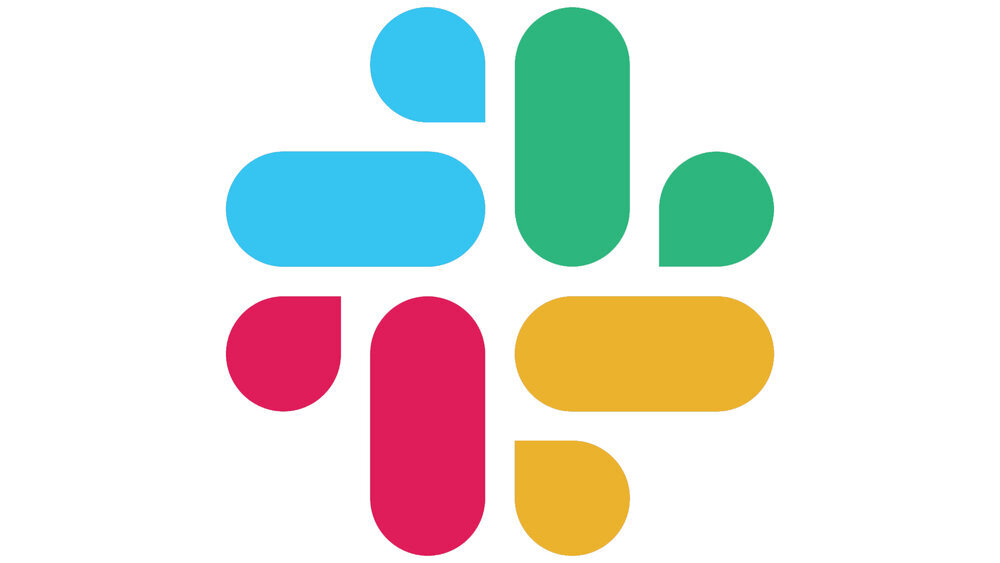A CTO’s tips for using Slack
They way in which we communicate with our teams has changed over the past months as we have adapted to working remotely. I have found more and more that I am working with a lot of companies and projects that mostly communicate using slack. Whilst I'm not a slack evangelist per se, I have seen how different companies use their channels and have seen first-hand what works. I've been using similar products at work for over a decade (and in general tech culture since IRC days), and I think it's clear that instant messaging and social media styled products change the workplace culture. It's not enough to use tools though, you have to change how you work, especially when everyone is remote.
Here are my top tips:
Ditch email, or at least use it less. Everyone gets too many emails, and is focussed on slack, so you are fighting a losing battle versus instant messaging. That doesn't mean there isn't a place for email, but you shouldn't try and use it for everything anymore.
Conversely, don't treat slack messages like they deserve your immediate attention. It's way too easy to immediately try and action every message. You can click a message and snooze it until later/tomorrow, and if you don't get to it next time, slackbot will queue up a to-do list for you.
Work out loud. Talk actively about what you are doing and narrate it so it is useful. It isn't about showing off about what you are doing, it's about being generous to others by providing information that can help them now or later, and you never know someone might also be able to help you. It might be talking about problems you are thinking about solving, or are stuck with, or have overcome.
Recognise people. In this world of reduced face to face interaction we have less time to talk, and less opportunity for things like small talk and compliments. Make it a regular ritual to recognise the people that have impressed you or gone the extra mile in a post on a general or recognition channel. This isn't just a job for leaders, everyone can do this.
Make a place for impediments. Create channels where people can complain about things that stop them from being effective. I created a channel for issues with desktop computer environments and issues increased tenfold, but resolution did too. It’s too easy to let the small things slide in a remote working environment.
Operationalise things with reminders. Slack comes with loads of functionality and integrations, but one that's really useful in the /remind @here function. Remind a channel at a set frequency that they need to attend a standup, complete a timesheet or do some other things. By doing so, you are automating things that are chased by email.
Article written by Adam Leon Smith, CTO of Dragonfly



